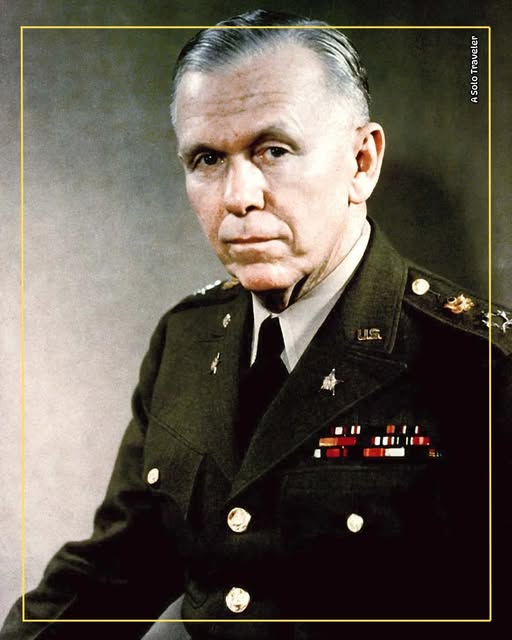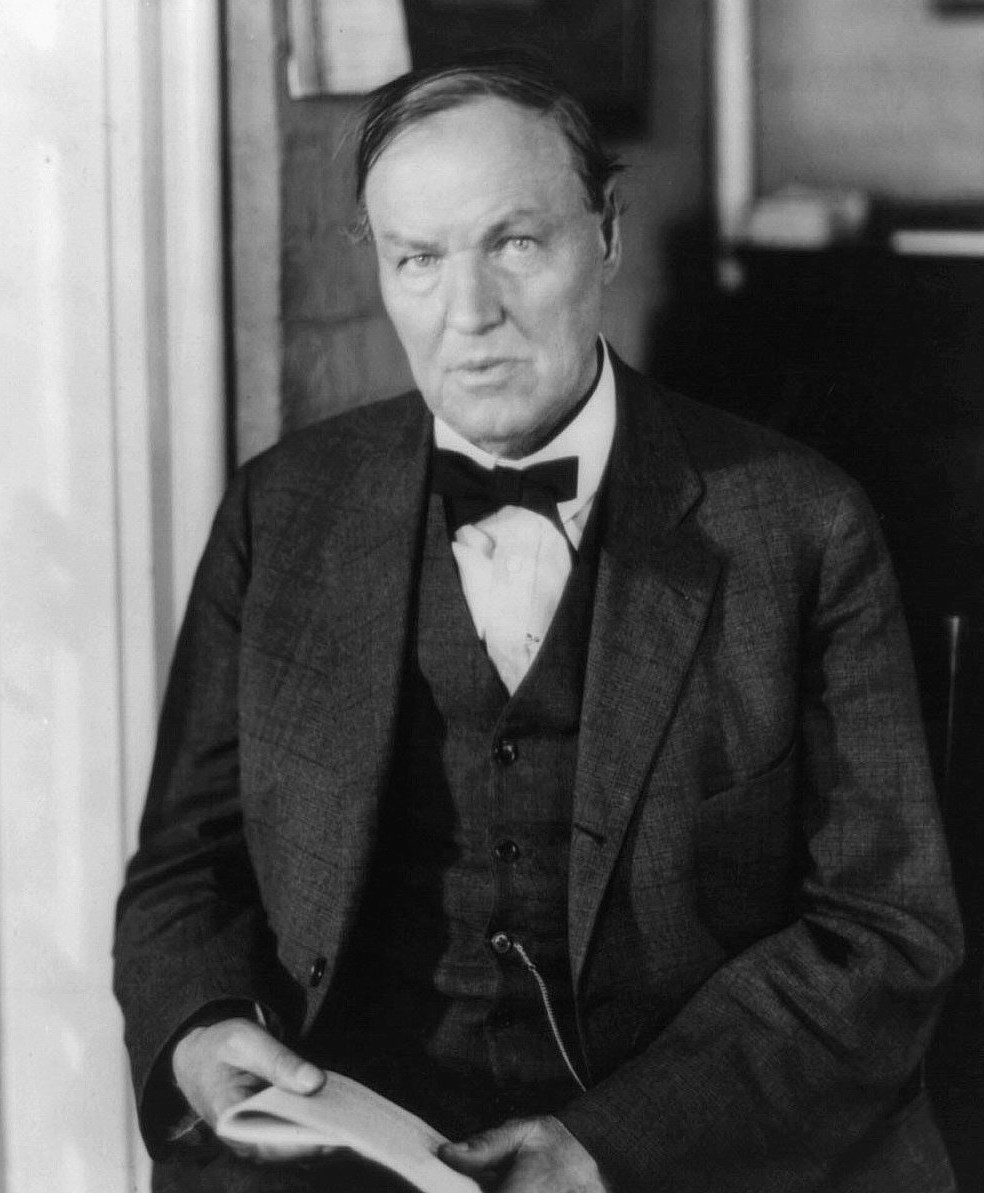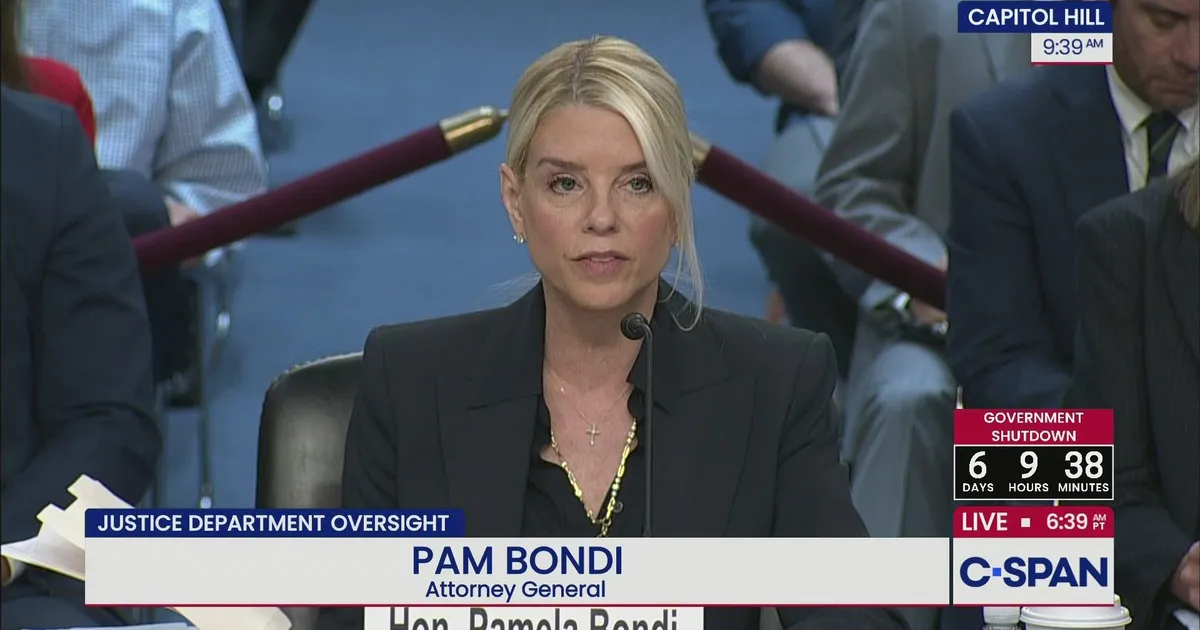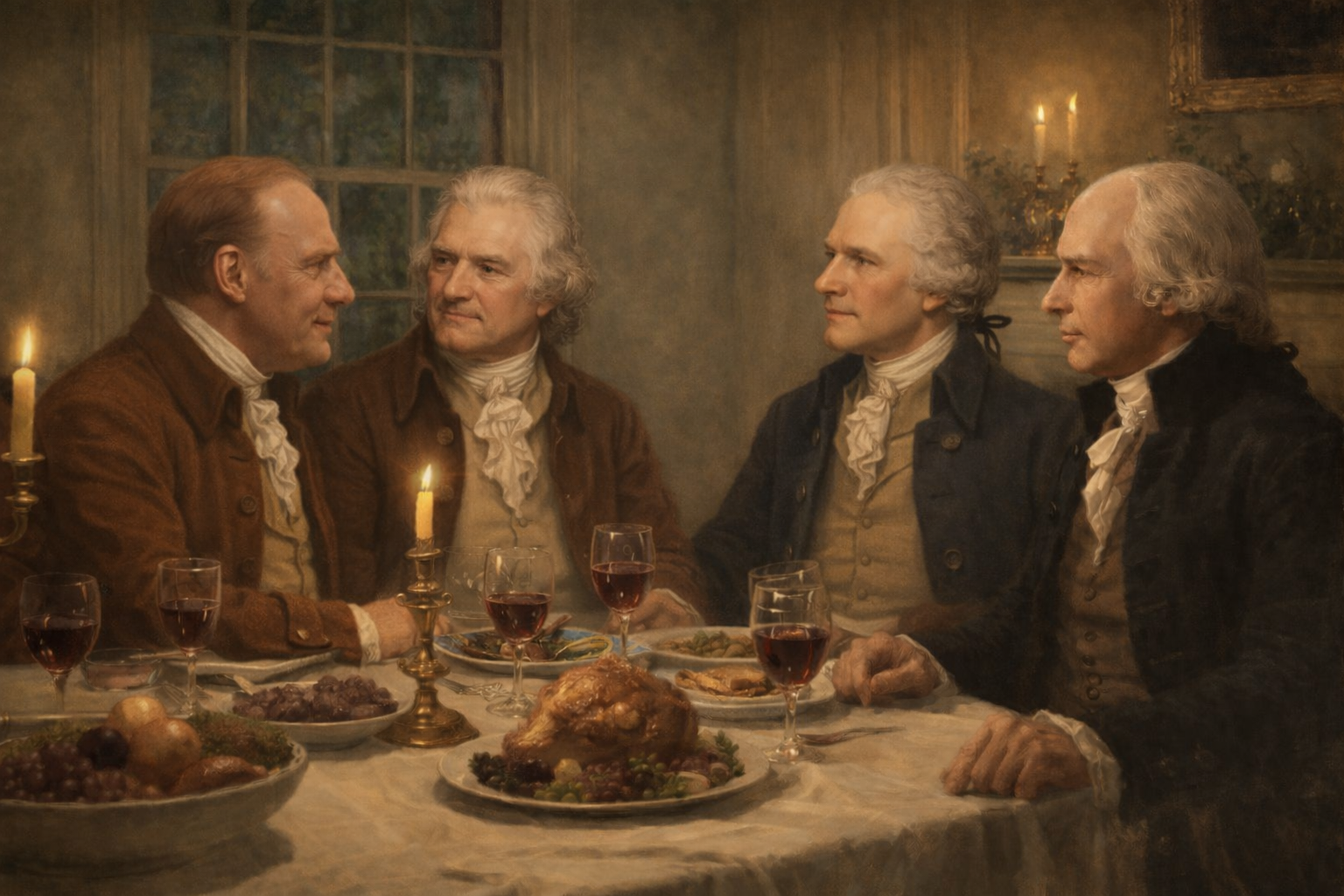
Respect is the foundation of a cohesive society, building trust, understanding, and cooperation. Manners—rooted in courtesy, and civility—shape how we engage with and treat others.
Last week, Vice President J.D. Vance and his wife were attending a concert at The Kennedy Center for the Arts in Washington. As soon as they took their seats, they were met with a chorus of boos. This came not long after President Donald Trump’s blatant power play where he forced out the Center’s board and chief executive in retaliation for past performances that dared to criticize him.
The outburst was unnecessary—just as unnecessary as Texas Democratic Representative Al Green’s recent theatrical display of incivility. As Trump addressed a joint session of Congress, Green stood, jeered, and defiantly shook his cane in protest. Refusing to stand down, he was ultimately escorted from the chamber on Speaker Mike Johnson’s orders.
Both incidents are a stark reminder of the continuing tensions in American politics, where outrage often takes the place of dialogue and defiance overshadows debate.
At the dawn of the Republic, the Founding Fathers didn’t hold back. At the Second Continental Congress, debates were hard-fought, sometimes explosive. John Adams and John Dickinson clashed over whether to seek reconciliation or revolution. Patrick Henry’s passionate calls for liberty inspired the movement for independence. But despite their differences, they understood that respect and serious deliberation were essential if they were to build a new nation.
Fast forward to today, and it’s a different story. Instead of principled arguments, we see grandstanding, public outbursts, and cheap theatrics designed more for social media than serious governance. Yelling, jeering, and personal attacks have replaced the kind of debate that moves a country forward. The difference? The Founders fought over the best path for America. Too many in Congress today seem more interested in fighting for attention.
In a world increasingly defined by division and self-righteousness, respect is what keeps the conversation going. It’s not about surrendering our principles but about recognizing that understanding—not just being right—is what leads to real progress. Respect challenges us to listen as much as we speak, to engage without hostility, and to see disagreement not as a battle to be won but as an opportunity to learn.
Isn’t that what we teach our kids?
Comments
Leave a Comment












I’m glad you finally addressed this subject matter. A copy of your commentary should be sent to every elected politician. And include a refresher course on critical thinking! Perhaps a pop quiz?
Joe S.